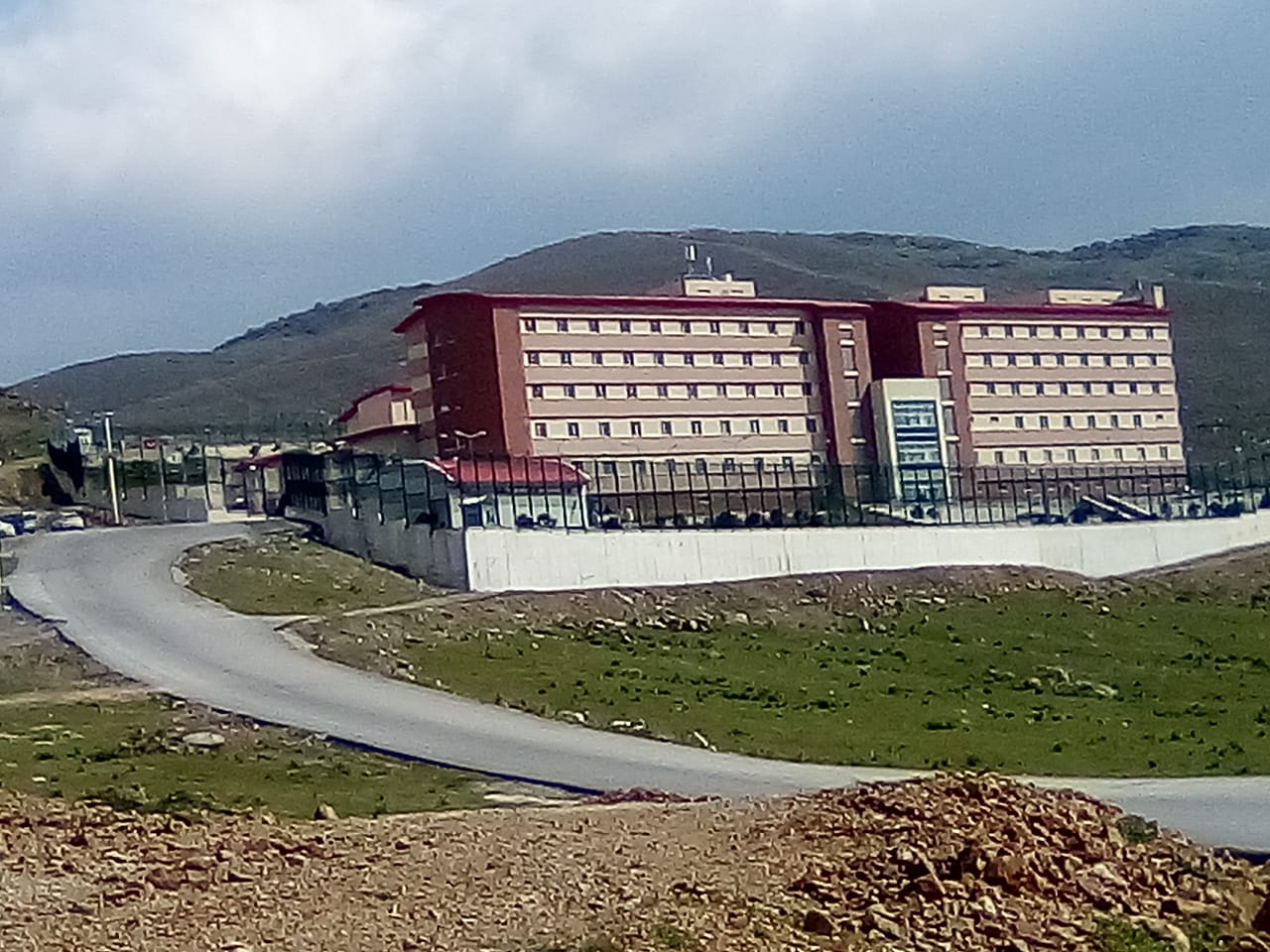On 18th of April, six men were deported from Lesvos to Turkey.
Among them was an about thirty-year-old Bengali man. He faces severe mental problems and his doctor from Médecins Sans Frontières informed the authorities in oral and written form that he was not able to travel but instead had to be hospitalized. Furthermore, the Greek ombudsman was informed. On the day of the deportation, his doctor went to the police station to stop the deportation and people gathered with a banner on the port of Mytilini to protest against the deportation. Still, the police and FRONTEX proceeded with the operation and the man was sent to Turkey via ferry.
The thirty-year-old man had lived in Syria since the age of seven. Five years ago, his family was killed in Syria and he was himself taken hostage by ISIS who kept him imprisoned. Finally, he managed to flee to Europe, where he was prohibited to leave Lesvos. Although he was deeply traumatized, he was not recognized as vulnerable and his asylum claim was examined under the so-called fast-track border procedure. Despite his extreme need for protection, his claim was rejected, both on first and second instance. A subsequent application was declared inadmissible and he was detained inside the pre-removal prison of Moria camp since March.
As survivor of imprisonment by ISIS, he believed to find safety in Europe but once he survived the deadly crossing, he found himself in the barbed wired camp of Moria and finally he was again imprisoned – this time in Europe. Now, he is most probably again transferred to another prison: the removal prison Harmandalı in Turkey, where deportees from Lesvos have recently been held. If lawyers do not find him, he will not be able to apply for protection in Turkey and will after some weeks or months of unjust imprisonment most likely be deported to Bangladesh – a country he last saw as seven-year-old.
Deportations under the EU-Turkey Deal destroy human lives. When people are deported to Turkey, the EU turns a blind eye on their fate, although the so-called ‘safe third country’ Turkey imprisons migrants after their deportation and in many cases does not give them any chance to apply for protection. We are strongly concerned to see a tendency that more and more vulnerable people could be deported under the EU-Turkey deal, although their asylum procedure should not even be examined under the fast-track border procedure related to the EU-Turkey statement.
See also:

